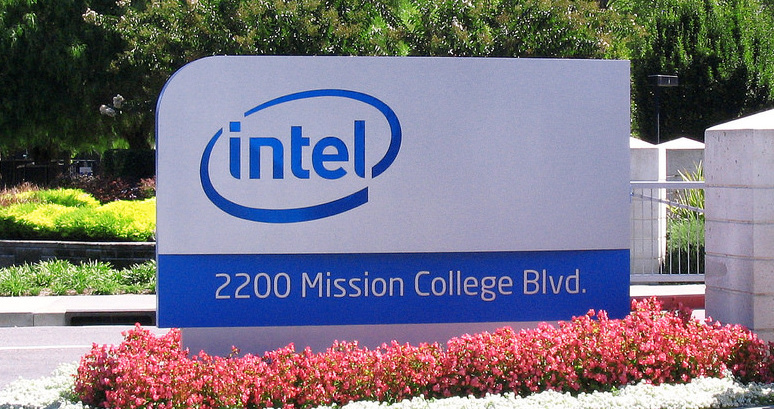

In 2014, Mountain View City Council quietly laid out a condition: any future office tenants in the San Antonio Shopping Center would be prohibited from providing free daily meals or subsidizing more than half the cost of a meal at any in-house cafeterias.
The restriction came from complaints made in 2013 by local restaurants struggling in the wake of Google’s free food perks. Several restaurants in the North Bayshore area of Mountain View teamed together to ensure any new development would stimulate the local economy rather than draining it.
Four years ago, development firm Merlone Geier was expanding the shopping center to add 312,000 square feet of office space for LinkedIn. When the company gained property in Sunnyvale and backed out of the deal, Facebook instead swooped in and acquired a lease to move about 2,000 employees into the office. At the time, the offices were still years away from opening.
Now, with Facebook offices poised to open within a year, the so-called “cafeteria-ban” is being taken into consideration. WeWork, a New York-based company that specializes in creating shared workspaces, is managing the office space in a development called The Village. The two 8-story buildings are mixed-use, meaning the office space will coexist with residential areas, restaurants and other businesses.
“We found the location attractive because of its proximity to public transportation, housing and public-serving amenities like shops and restaurants,” said Jamil Walker, Facebook’s Corporate Communications Manager, adding that details of the office are still being worked out.
While supporters of the ban have the city’s best interests in mind, opponents point out the negative side effects this can cause, including increase in traffic and parking, loss of jobs for staff and even disrupting the atmosphere of social bonding companies provide.
Facebook’s cafeteria workers unionized in March, gaining advantages like healthcare, pension plans and a $4.75 raise. A cafeteria ban could cause them to lose these benefits.
The effect may be spreading. San Francisco is looking to pass a similar legislation amending their Planning Code that would ban subsidized corporate cafeterias. The measure will be voted on in September.
Alternately, other Silicon Valley cities like Sunnyvale, San Jose and Cupertino have no plans to restrict subsidized and free meals.
“In Sunnyvale, we believe that all vibrant communities and economies depend on a mix of land uses and businesses to meet a variety of community needs,” said Jennifer Garnett, Communications Officer for the City of Sunnyvale. “To support this concept, we develop long-term plans for our major commercial/mixed use areas of the city that ensure buildings relate outward towards the community.”
Sunnyvale conducts outreach regularly to take community concerns into account. Their policies ensure that upcoming development plans, such as the Peery Park Specific Plan adopted in 2016, include office areas that are close to residential and commercial businesses. Privately owned open space areas are also incentivized.
“This design supports public interaction between buildings and campuses in the area and encourages companies to be a part of our community and support local businesses,” Garnett said.
Tech giants in the Bay Area play a big role in stimulating local economies in every city. Surrounding restaurants understand this impact is a vital part of their business.
Intel, Santa Clara’s second largest employer, offers a paid cafeteria at their headquarters, but employees still frequent surrounding places for meals. Several restaurants within walking distance have said they would notice a significant decrease in customers if Intel offered employees free meals.
The City of Santa Clara has not yet taken a position on the ban and declined to comment.
After her book discussion group on March 25, Santa Clara resident Carol Buchser stopped off…
Bay Area artist Nathan Oliveira (1928-2010) described himself as an abstract artist whose work had…
The California Highway Patrol's so-called "surge" operations in Oakland have netted nearly 400 arrests so…
James Williams wasn’t just Santa Clara’s first African American citizen and one of the first…
Can you spell deja vu? The battle over the best way to teach children how…
A new Sunnyvale rideshare shuttle will make it easier to get around the city’s Peery…